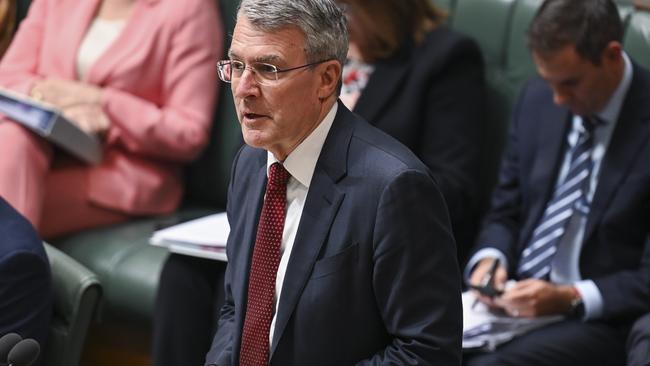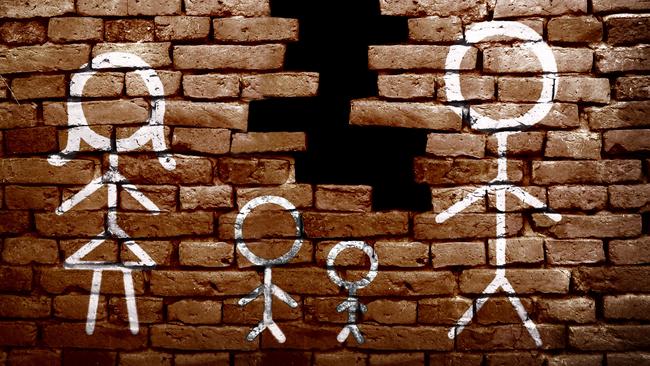Family law changes to spark surge in litigation
Family law practitioners have warned Labor’s proposed overhaul of the family law act is too far-reaching and will lead to a surge in expensive litigation proceedings for separating couples.

Labor’s push to eliminate a legal assumption that parents undergoing a divorce share the responsibilities of raising their children is radical and confusing, top family court lawyers warn.
In a series of submissions to the government, Labor is being lobbied to revise its changes to the act amid concern the laws could force parents into unnecessary court battles.
Legal practitioners have also sounded the alarm that the proposed changes were not recommended by a 2019 inquiry by the Australian Law Reform Commission.
The legislation, facing the Senate in the upcoming sitting fortnight, removes a provision in legislation that directs a court to apply the presumption that it is in the best interests of a child for the parents to have equal shared responsibilities.
The government is also moving to slash the number of factors from 15 to six “best interest” considerations used by courts when deciding the best parenting arrangements for a child. The legislation has been criticised by some legal experts who warn the amendments may take Australia back to a time when mothers were granted primacy in court battles.
But in a submission to the bill’s exposure draft, the Family Law Practitioners Associations of Queensland, Western Australia and the Hunter Valley have all argued the changes go too far.
The Queensland association said the existing legislation, which included the presumption of shared parenting, enshrined a logical decision-making path that was useful for separating parents to figure out the best ways to parent their children.
The peak body said the provisions removal would result in a “less certain and predictable” situation that would be more variable and confronting for parents.
It also warned that more cases may need to be litigated in the court system, in some cases forcing victims of family violence to enter into court battles with violent partners.
“The fear is that, in the absence of the regulation of decision-making by parents (whether with or without any orders), parents caught up in a power-imbalance or victims of family violence will be required to make an active application to Court for orders as to parental responsibility and specific issues (e.g. school, medical treatment), and to bear the associated cost, to bring into order a situation where parental responsibility is being exercised in a way with which they do not agree,” the submission reads.
Both West Australian and Hunter Valley associations noted that the removal of the presumption of shared responsibilities was not recommended by the law reform commission’s review, but proposed the clause be reworded to allow “joint decision-making about major long-term issues”.

In separate submissions, the peak bodies raised alarm that the proposed legislation ignored this primary recommendation and expressed concern its removal could reduce the emphasis placed on the importance of both parents being involved in a child’s life.
“We otherwise note that the proposed amendments do not take one of the primary recommendations of the ALRC into account,” submissions read. “The Report found that many litigants misunderstood the term “equal shared parenting responsibility” and recommended that the legislation be amended to reflect “equal decision making” or similar. We support a change in labelling for the reasons identified by the ALRC.”
Domestic violence advocates have welcomed the proposed changes, saying they are long overdue to stop perpetrators using the family law system and parenting arrangements to prolong conflict and coercive control over shared decision-making.
There have been multiple inquiries into the family law system, including the 2019 law reform commission review and a joint select committee on family law that found the system led to protracted litigation and poor results for children.





To join the conversation, please log in. Don't have an account? Register
Join the conversation, you are commenting as Logout